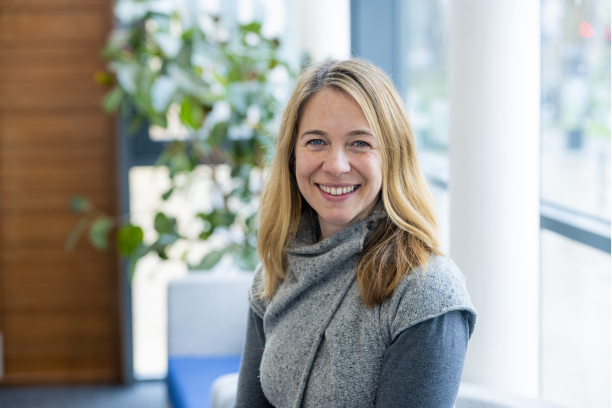
In this week’s inspiring interview, I spoke with Dr Angharad Rudkin, a child clinical psychologist, on her work with young people and her book, ‘What’s my Teenager Thinking?’
Dr Rudkin works with children and families to provide interventions aimed at targeting a young person’s needs, and those needs of the people that care for them. I really enjoyed this fascinating interview with Dr Rudkin and I hope you enjoy the interview as much as I did.
How did your career journey start?
I’m from North Wales, and the middle-child of five children. When I was much younger, I remember first hearing about psychologists from my dad. We were walking to the local chip shop and he told me about something he had read in the paper about a psychologist, to which I asked, “What is a psychologist?”and he replied, “it’s someone who studies people”. I thought, that sounds like the most amazing thing, but growing up in the mid 80’s, psychology was not a ‘normal’ subject to do at school and so my interests began by simply reading lots of book about people.
I loved children and babysitting throughout my school life and then I went on to study Experimental Psychology at University. This showed me a new side to studying people which was very scientific and very mathematical, but thousands of people study psychology at undergraduate level. Then you hit this massive bottleneck in opportunities to progress. I applied for loads of assistant psychology jobs and ended up working three jobs at one point; working in a pub, a pen shop and a party shop; so I was getting to know humanity but not quite in the way I wanted. Thankfully, a chance came up with an old tutor and I was introduced to some assistant psychologist work. This meant I could soon apply for a 3-year doctorate, another massive bottleneck; but I ended up qualifying in 2002 and I knew I wanted to work with children.
Since then, that’s what I’ve done. I worked in the NHS for many years, then moved to CAMHS (Child and Adolescent Mental Health Services) before starting my own family. At one point I was working at the University of Southampton on the Clinical Psychology course, and with the NHS, and I had two of my own children, all in three days a week! I ended up leaving the NHS to start up some private work which allowed me to be more flexible around my family. I now have two girls and a boy. I juggle private therapy, consultation training, book writing and all sorts. I love it to bits, and I can’t imagine doing any other job.
Often, people say to me, “Don’t you feel quite heavy having peoples stress on you?” and although, unfortunately I don’t get to talk to people who are happy; there’s often something not quite right. I keep the perspective that this isn’t life for everybody and even those I’m working with won’t feel like this forever.
What does a typical day look like for you?
My husband’s shift work has allowed us to have the family life we wanted. We have never needed childcare because I could plan my work around his shift patterns. We didn’t get to see each other as much as we wanted, but the kids always had one of us around to be there. I’m grateful for that, but also because of that there was no typical day in the life for a long time. Now all three children are at school I have a more of a 9am-3pm working day.
For example, yesterday, I started off with a marathon-training run, then started two separate zoom sessions with parents, then wrote an article about managing anxiety in children. I spoke to someone about setting up a parent course online, someone else about training in parental divorce, and finished up with a zoom session with a 14-year-old girl about her anxiety. And that’s just yesterday! Today is a totally different day. I am juggling many balls juggling, but I love it!

What does Flexible Working mean to you?
I think flexibility is a really underrated characteristic. I am fortunate enough to be able to manage my own anxieties in saying yes to something and then figuring it out. I look relativity flexible, and I have some flexibility in myself. I know some people that are more cautious and need to know all the information before agreeing to something, which is how they manage their anxiety, but in turn may make them appear less flexible. For me, getting to know my friends, the families I work with, or the kid’s teachers at school- and understanding someone’s level of flexibility helps me to understand how to be with them. respecting individual flexibility is so important.
Then you stick a pandemic in. And flexible can bend a bit more, psychologically. If you are someone that needs a bit more structure and certainty, then the pandemic was just horrible. It was horrible for most people, but in such a context of uncertainty and fear in managing both working and home lives, flexibility as a characteristic is key.
I completely agree and that makes me think about, back to school, post-pandemic, have you seen a spike in anxiety in children?
It’s interesting because the spikes are occurring where I didn’t expect them to. In that first lockdown things were relatively quiet for me. I was working around anxiety and I saw a lot of symptoms relieved as a lot of children weren’t going to school and facing the bullies, the speaking up in class and such issues faced in going to school. They were in their bubble, and content. The biggest spike I saw was emerging from the second lockdown in January last year. Teenagers had hung on in there for as long as they could, and alike many others were feeling angry, frustrated but also sad and worried. Parents were calling me up with teens self-harming, eating disorders spiked, and these teens were trying to form some kind of control. They were feeling rubbish about themselves and very unsure about going back to school. I saw the biggest anxiety and fear about not being in control at that time. Parents were tired, financial uncertainties kicked in, and that begins to take its toll on our children too. I think after this relatively normal summer, people are so delighted to get back into normality. Generally my peaks have diminished and its relatively calm at the moment.
When you look at anxiety, do you see it being more prevalent in girls than boys, or any differences in gender groups?
For most people, picturing an anxious person will result in picturing a teenage girl, presenting with typical anxiety symptoms, panic, mood swings, avoidance, refusal, and clinginess. When you look at boys, they often don’t have the vocabulary to talk about their anxieties and are not bought up in an environment where they are encouraged to talk about it. Though I think that boys often experience the same anxieties as girls, I think they present in different ways; perhaps overly aggressive or the use of ‘banter’ around certain topics. I see banter as bullying, but this is often a way in which boys will express their anxieties in order to seek control in a situation.
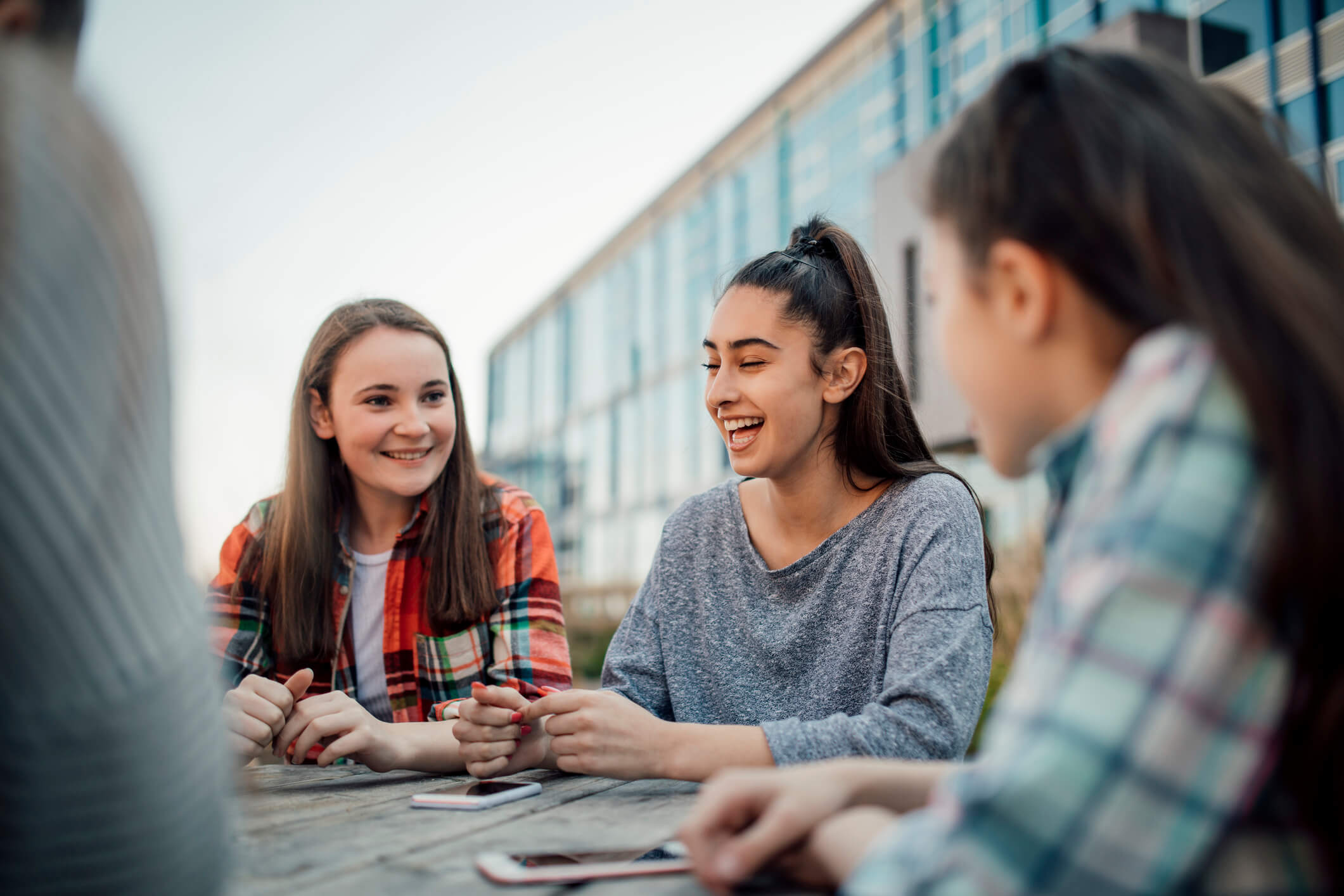
Bullying is a very sensitive topic. I know a lot of children struggle to open up to a parent or teacher when experiencing bullying. What are some of the strategies you recommend for helping our children open up with us?
There is no one simple solution. Depending on your relationship with your child I would just suggest persevering with gentle, gentle questioning, especially when dealing with teenagers. Don’t sit down with them to talk about it, approach with more of a casual, “I’m going to the supermarket, can you help me please?” and then a “by the way, is everything ok?” when you’re on your way there or wondering around the shops. Most children do want to talk.
What stops us talking is a fear of worrying somebody, a fear of judgement and a fear of shame. If you can lay the context as a parent of no judgement, and normalising anxieties- showing that we can listen. My rule with children is to always talk less than they do. If that isn’t getting you anywhere and you are concerned as a parent, try approaching your child with saying “I’m noticing you aren’t yourself- is everything ok at school? Is it ok if I talk to your teacher?”- this isn’t asking if you can, but still seeking their approval. Working together as a child, parent and teacher team is the most effective way of tackling childhood anxieties that arise from school. And often your child may jump at the chance to then tell you what’s happening before you talk to their teacher or provide relief that someone really wants to help.
Another problem not talked about enough is if your child is a bully themselves. No one wants to own up and say that their child is a bully. Maybe your child is finding it difficult to be fair, take turns, make compromises, or negotiate. There is a good chance they have been bullied themselves and this is their way of controlling the situation. Most bullying interventions start with the victim, and not the bully. A lot of children say to me “It’s not fair, why am I the one who has to change, when they are the one being mean” but I reply- “You’re the one in front of me, not them. It’s important to me that I give you strategies to cope when someone else is being horrible to you. I want you to keep intact your sense of worth and your values.”
I want to talk a little about role models. Ensuring all children have access to people that inspire them is so important. What do you think about the value of role models?
I think positive role models are the bee’s knees. we can talk and read as much as we want about what’s out there but until you’ve seen a real-life person do it/be it, it makes no sense. Especially for children. Children learn by watching and imitating, and they can’t imitate success from reading a book, they need to see it. Children also learn more from peers than adults, and so listening to, and learning from successful peers is so important in childhood. Having a broad variety of real-life role models is important, and as parents we need to provide positive networks for our children. Especially for boys- knowing great people is great for their growth and development.
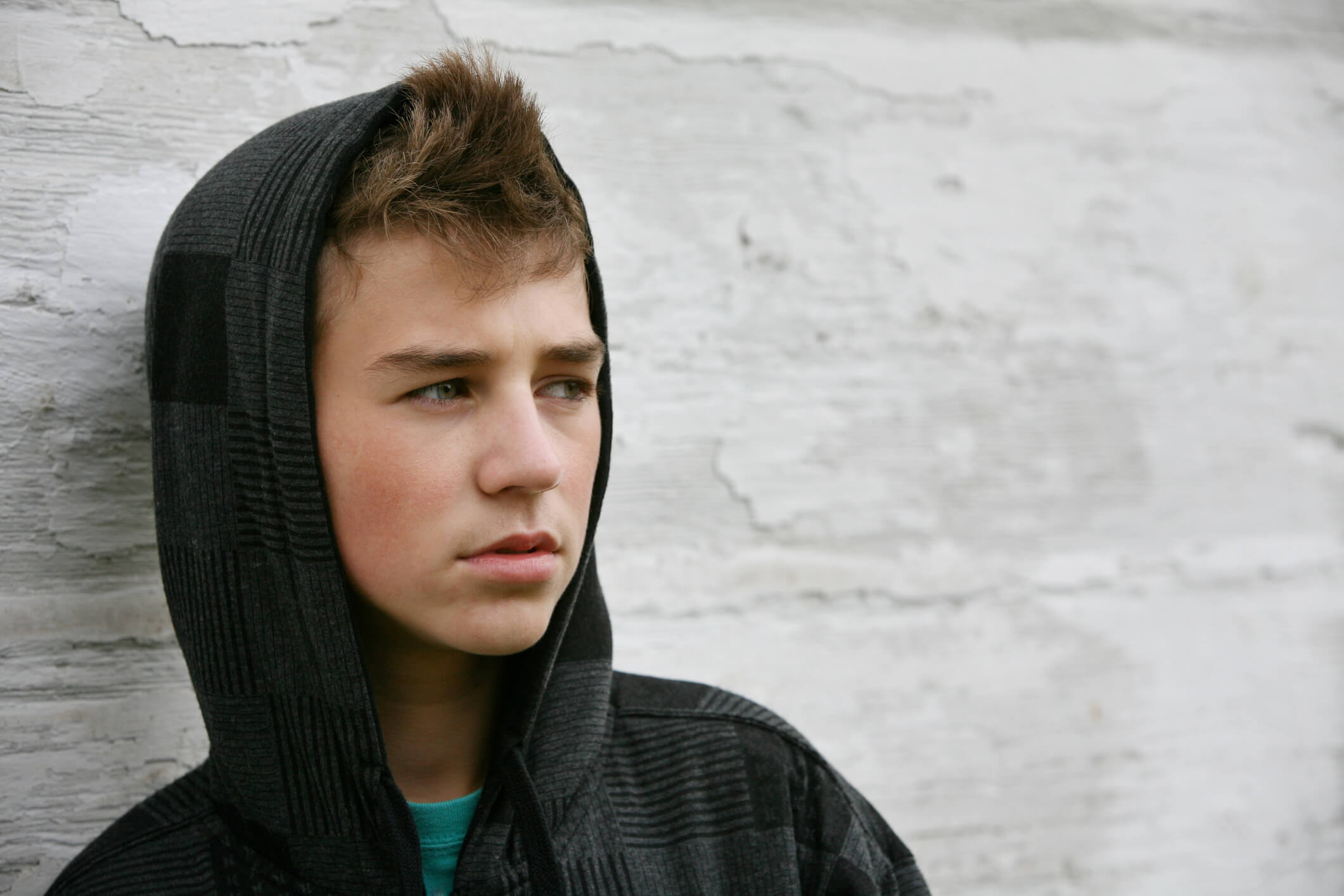
Let’s talk about your latest book, ‘What’s my teenager thinking’- co-written with Tanith Carey?
This is the second book in our series; the first being ‘What’s my Child Thinking.’ The aim is that they are both evidence based, practical guides for parents; easy to access and very tied to evidence. The books are not about our personal opinions as parents, but about the science. Working at the university I had access to so much parenting science. I wanted to write books to allow parents to access the rest of that evidence in the easiest way possible.
This second book is broken down into ages, because a 12-year-old is not the same as a 17-year-old, and each age range tackles a variety of different experiences and challenges you may face with your teenagers at home; from lip fillers to porn – what do you do? We tackle these with very visual, and evidence-based solutions to understand that your teen is thinking, what you may be thinking and how you go about this. We take a cognitive-behavioural therapy approach to help you understand what everyone is thinking, to understand how to tackle the situation, and for both you and your teen to learn about one another’s thoughts on the situation. We aimed to do this whilst striking the balance between simplicity, but good scientific information.
How did it feel to publish your first book?
I’m an absolute bookworm and have always loved books. Reading a book is my safe spot. To me, it was a dream come true. What I hadn’t realised is that writing a book isn’t a hard part, it’s the things that come after. How, in a market of thousands of other books, how am I going to help people see that my book is out there. I am terrible at self-promotion, but I have had to learn how to self-promote, because my work only really started once my books were out there!
I’m in a few book groups, which may not surprise you. Personally, I love the Elena Ferrante, Neapolitan series, and a recent favourite read of mine is ‘The Museum of Innocence’ by Orhan Pamuk.
What are your words of wisdom for parents raising children in this modern, challenging world?
My mantra is; “all will be well.”
As parents we get so caught up in the day-to-day messiness of life that sometimes we forget that actually; life is messy. Children are not always perfect and that is ok. When things do get messy, it is important to remember that all will be well. Life is not a straight line between A and B. The wibbly-wobbly journey is the important part.
Best Advice you have been Given?
The best advice I have ever received is to have faith in yourself, because until you do, nobody else will. Resilience is such as massive thing, and it has no one definition. I was very lucky to grow up with a sense of ‘you’ve got this’ installed from my parents. I like to take that into my work with children and provide them with a sense that they have an ability to cope. I like for children to realise that at the end of the day, all will be ok. Until you feel that yourself, its always very hard for the people around you to feel the same.
‘What’s My Teenager Thinking? Practical Child Psychology for Modern Parents’ by Tanith Carey and Dr Angharad Rudkin is available now at:
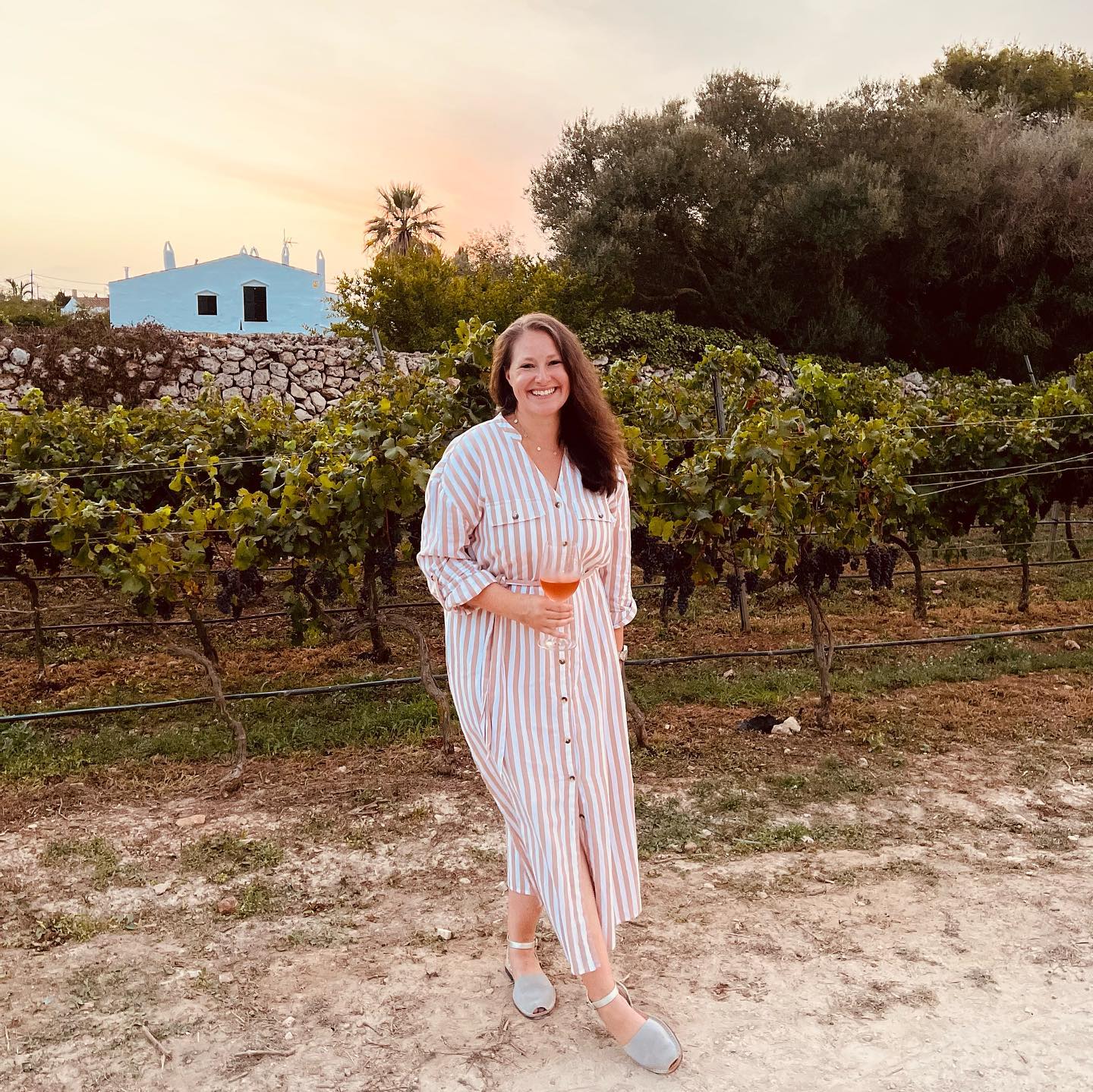

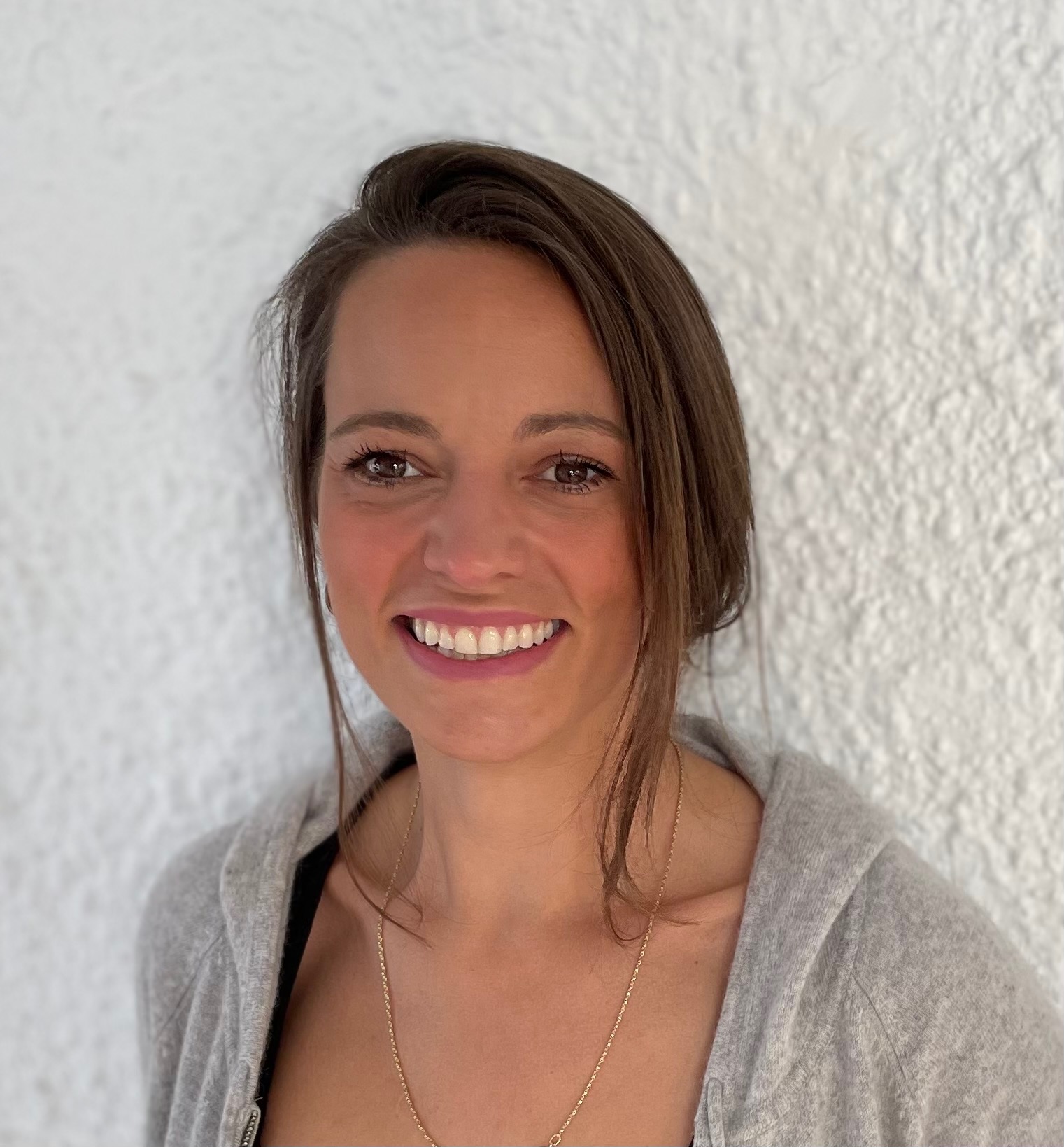
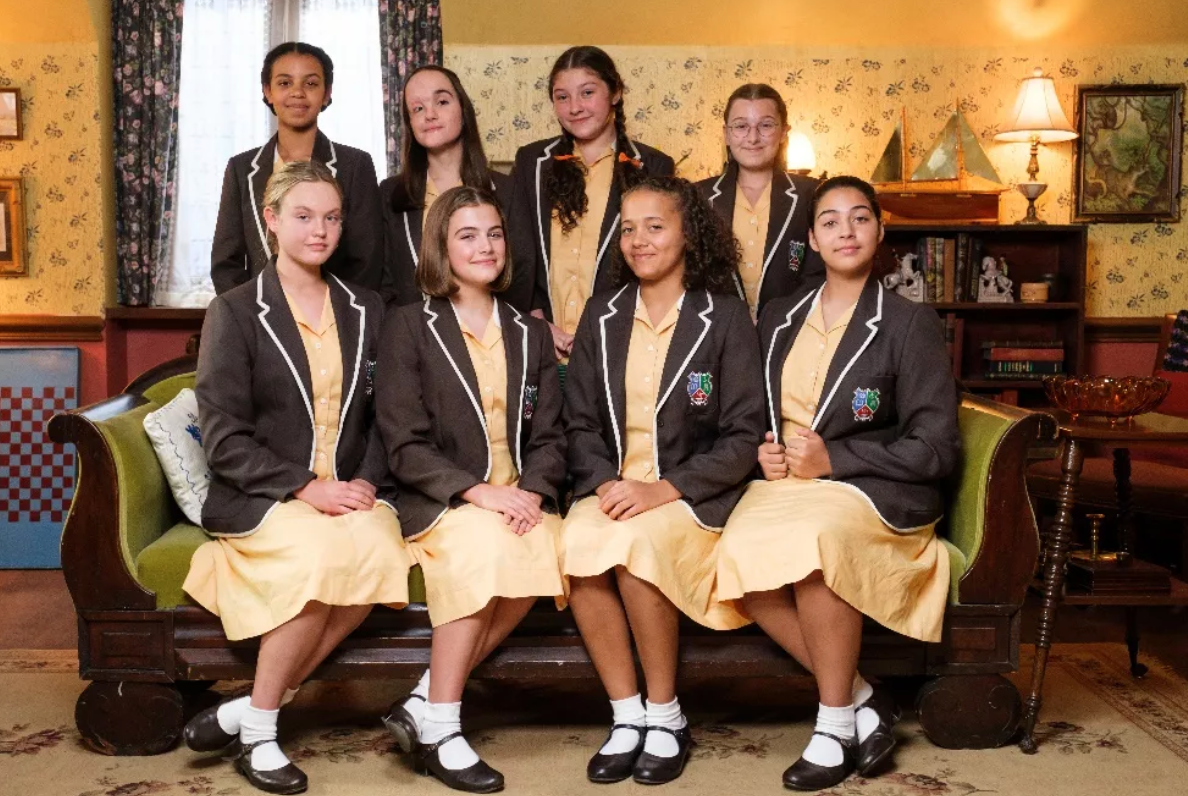
Leave A Comment